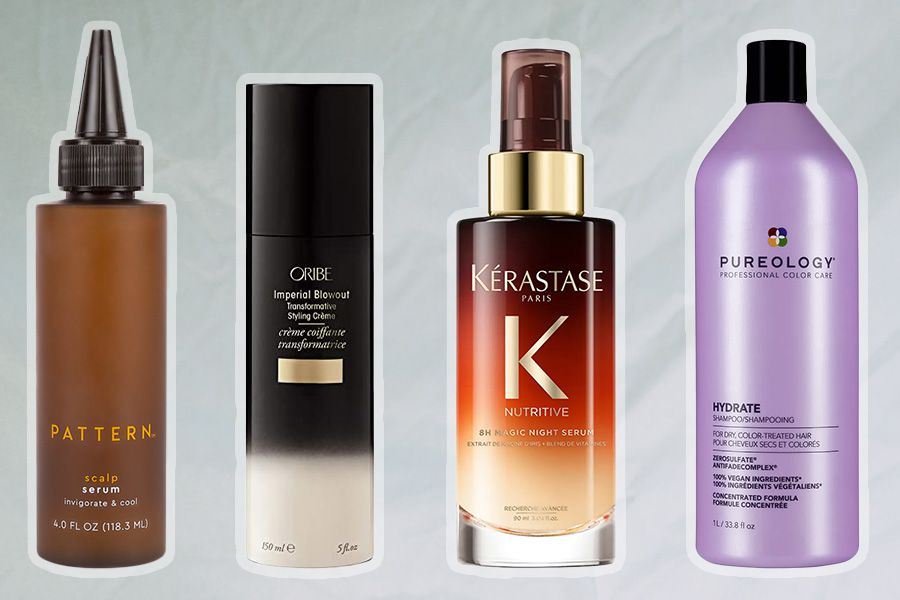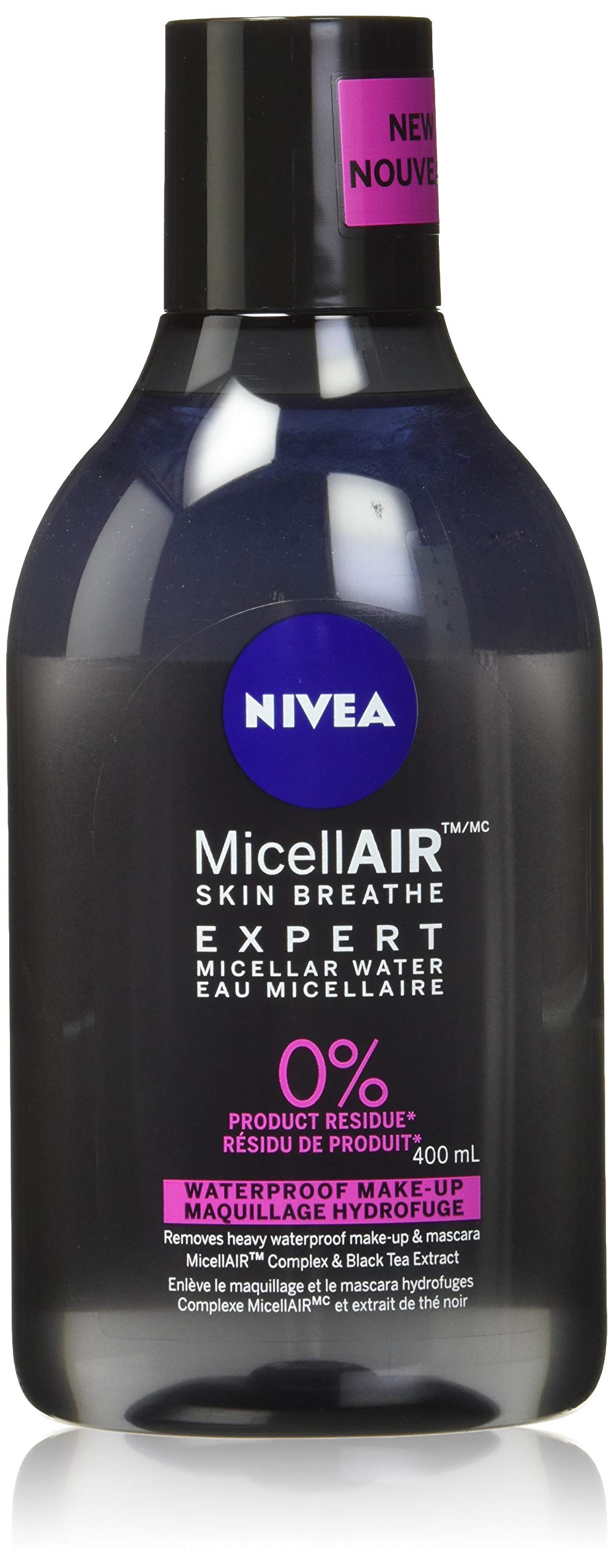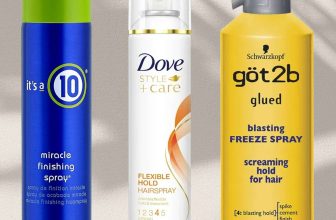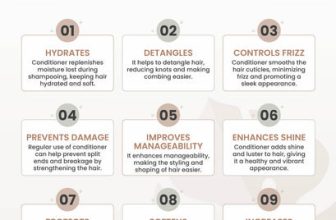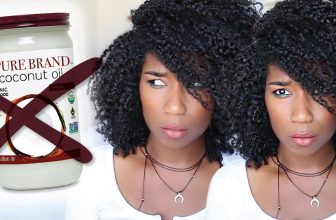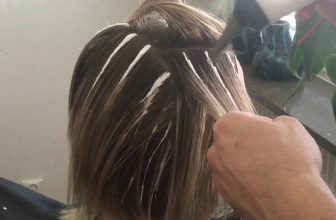How to Prevent Hair Fall for Female: Proven Strategies
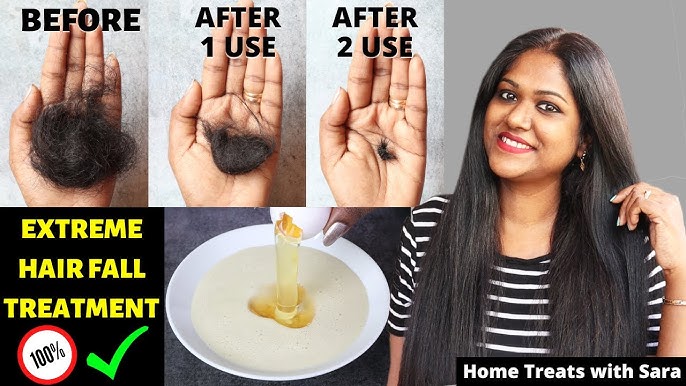
To prevent hair fall in females, maintain a balanced diet rich in vitamins and minerals. Regular scalp massages and gentle hair care practices also help strengthen hair.
Hair fall can be distressing for many women, impacting confidence and self-image. Understanding the causes of hair loss is crucial for effective prevention. Stress, hormonal changes, and poor nutrition often contribute to thinning hair. Women may experience hair loss due to various factors, including genetics and health conditions.
Implementing a holistic approach can significantly improve hair health. This includes incorporating nutrient-dense foods, minimizing heat styling, and using suitable hair products. Regular check-ups with a healthcare professional can also identify underlying issues. Taking proactive steps now can lead to healthier, fuller hair in the future.
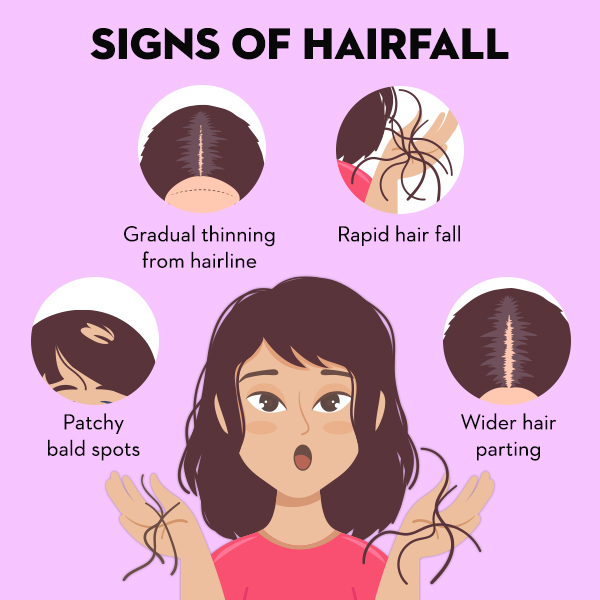
Credit: in.sugarcosmetics.com
Introduction To Hair Fall In Women
Hair fall is a common issue for many women. Understanding the common causes is important. Factors include stress, hormonal changes, and nutritional deficiencies. Genetics can also play a significant role.
Women often experience hair loss during pregnancy or menopause. Certain medical conditions can lead to thinning hair. Thyroid problems and polycystic ovary syndrome are examples.
Hair loss can have a big impact on confidence. It may lead to low self-esteem and feelings of inadequacy. Many women find it challenging to cope with this change.
Seeking help from a professional can provide guidance. Treatments and lifestyle changes can help manage hair loss effectively.
Nutritional Interventions
Essential vitamins and minerals play a key role in maintaining hair health. Vitamin A helps produce healthy sebum in the scalp. Vitamin C aids in collagen production, strengthening hair strands. Vitamin D supports the growth of hair follicles. Vitamin E improves blood circulation to the scalp.
Iron, zinc, and omega-3 fatty acids are also crucial for hair health. Iron helps red blood cells carry oxygen to hair roots. Zinc supports hair tissue growth and repair. Omega-3 fatty acids nourish hair and support scalp health.
Dietary changes can significantly strengthen hair. Focus on incorporating leafy greens, nuts, seeds, and fatty fish. A balanced diet rich in these nutrients promotes stronger and healthier hair.
Hair Care Routines
Gentle washing helps keep hair healthy. Use a mild shampoo that suits your hair type. Avoid washing hair every day. This prevents stripping natural oils.
Condition your hair regularly to keep it moisturized. Focus on the ends, where hair is drier. Rinse with cool water to seal in moisture.
Avoid using heat styling tools often. They can cause hair to break and fall out. Try air-drying your hair whenever possible.
Limit tight hairstyles that pull on the hair. Opt for loose styles that do not stress the roots. Choose soft hair ties to minimize damage.
Natural Remedies And Supplements
Many herbs and oils can help promote hair growth. Rosemary oil improves circulation and stimulates hair follicles. Peppermint oil can increase blood flow to the scalp. Castor oil is rich in ricinoleic acid, which boosts hair health.
Aloe vera is soothing and helps reduce hair loss. Ginseng is known to strengthen hair roots. Fenugreek seeds can nourish the hair and prevent damage. Coconut oil is excellent for moisturizing and protecting hair strands.
Many over-the-counter treatments are available too. Minoxidil is a popular option for hair regrowth. Biotin supplements support hair strength and thickness. Hair serums can also nourish and protect hair from damage.
Always check for allergic reactions before trying new products. Choosing natural remedies can be a safe way to enhance hair health.
Medical Treatments
Medical treatments can help manage hair fall in women. Consider medication if hair loss is rapid or severe. A doctor can recommend the right medication based on your condition.
Topical treatments like minoxidil promote hair growth. These products may take time to show results. Consistent use is important for effectiveness.
Oral medications may also be available. These can address hormonal imbalances or other underlying issues. Always consult a healthcare professional before starting any medication.
Surgical options include hair transplant surgery. This procedure moves hair follicles to balding areas. It can provide a natural-looking result but requires careful consideration.
Discuss these options with a specialist. They will help determine the best treatment plan for you.
Managing Stress
Stress can lead to significant hair loss in women. Managing stress levels is crucial for overall health. Techniques to reduce stress include:
- Meditation: Practice daily for calmness.
- Exercise: Engage in physical activities to release tension.
- Deep Breathing: Use simple breathing exercises to relax.
- Yoga: Combine movement and mindfulness for stress relief.
- Journaling: Write down thoughts and feelings to clear the mind.
Understanding the connection between stress and hair loss is important. Stress affects the body in many ways. It can disrupt hormone levels and increase inflammation. This disruption can lead to hair thinning or loss. Taking steps to manage stress helps maintain healthy hair.
Hormonal Considerations
Hormones play a crucial role in maintaining healthy hair. They affect hair growth and shedding cycles. Estrogen and progesterone help keep hair thick and strong. Low levels of these hormones can lead to increased hair loss.
Addressing hormonal imbalances can significantly improve hair health. Regular check-ups with a doctor can identify issues. Treatments may include hormone therapy or medications. A balanced diet rich in vitamins can also help. Consider foods high in zinc, iron, and omega-3 fatty acids.
Staying hydrated and managing stress are key too. Stress can lead to hormonal changes that affect hair. Practicing relaxation techniques may help reduce stress levels.
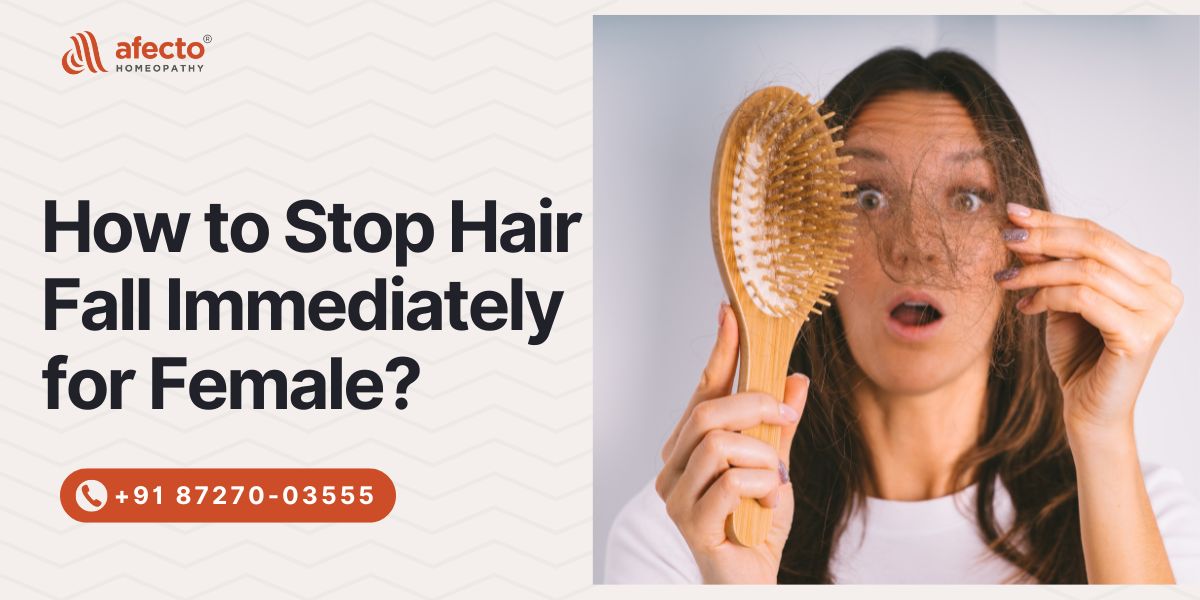
Credit: afectoclinic.com
Lifestyle Adjustments
Getting enough sleep is very important for healthy hair. Aim for 7-9 hours each night. Sleep helps the body repair and regenerate. Exercise also plays a big role. It improves blood flow to the scalp, which can promote hair growth.
Limiting heat and chemical exposure is crucial too. Heat from styling tools can damage hair. Try to use them less often. When using heat, apply a heat protectant. Choose natural or mild hair products to avoid harsh chemicals. Always check the labels before buying.
When To See A Specialist
Notice excessive hair loss? This could be a sign to seek help. Other signs include thinning hair, bald spots, or changes in texture. If hair loss affects your daily life, a specialist can help.
Choosing the right healthcare provider is important. Look for someone who specializes in hair loss. Check their credentials and experience. Ask about their approach to treatment. Trust is essential for successful care.
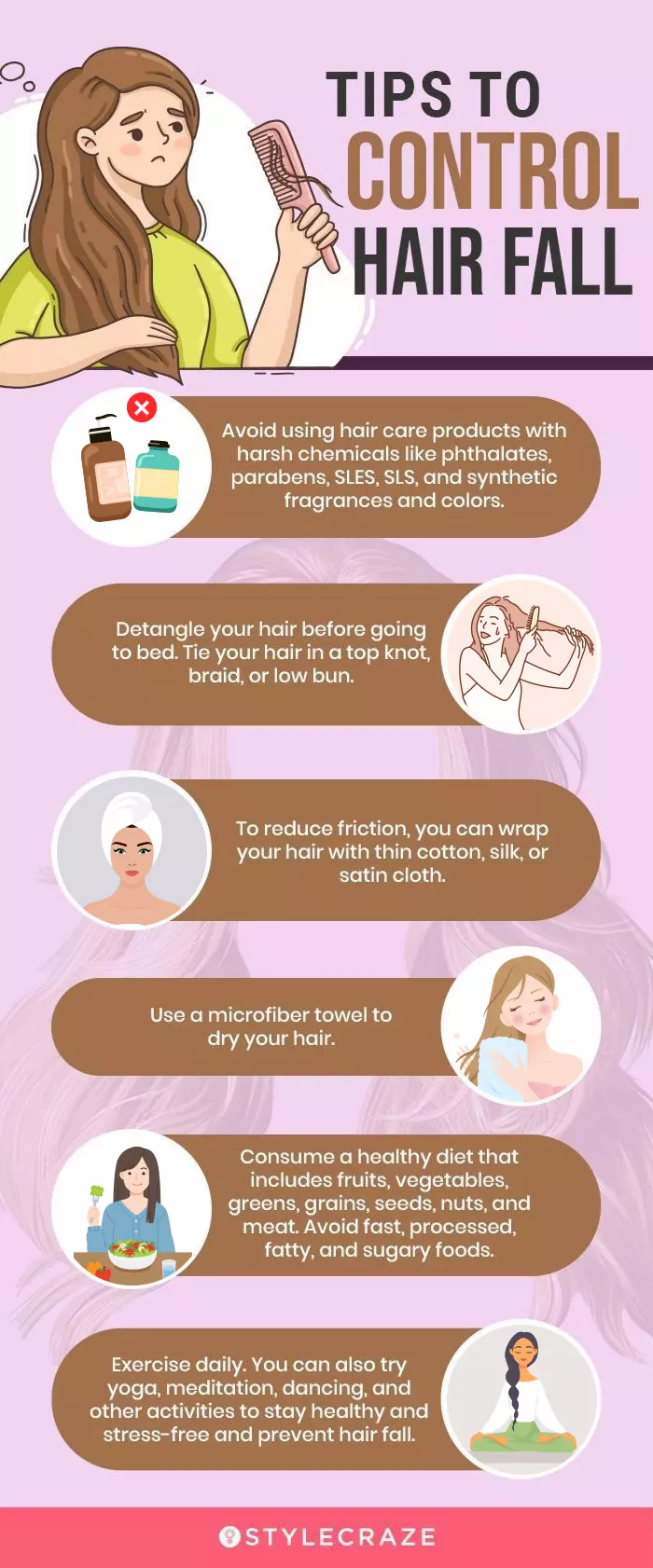
Credit: www.stylecraze.com
Maintaining Healthy Hair
Maintaining healthy hair is essential for women. Regular check-ups with a dermatologist can help. They can spot issues early. Getting trims every six to eight weeks is important. This removes split ends and promotes growth. Use gentle shampoos and conditioners to keep hair strong.
Eating a balanced diet supports hair health. Include foods rich in vitamins and minerals. Iron and zinc are especially important. Stay hydrated by drinking plenty of water daily. This helps keep hair moisturized and strong.
Avoid tight hairstyles that pull on hair. This can lead to breakage and hair loss. Protect hair from harsh weather conditions. Use hats or scarves to shield your hair.
Frequently Asked Questions
How Can I Stop Hair Fall Naturally?
To stop hair fall naturally, focus on a balanced diet rich in vitamins and minerals. Include foods like nuts, spinach, and fish. Regular scalp massages can stimulate hair growth. Additionally, avoid harsh chemicals in hair products. Staying hydrated and managing stress effectively also contribute to healthy hair.
What Are The Best Vitamins For Hair Growth?
The best vitamins for hair growth include biotin, vitamin D, and vitamin E. Biotin strengthens hair and promotes growth. Vitamin D supports hair follicle health, while vitamin E improves blood circulation to the scalp. Ensure a balanced diet or consider supplements if needed, but consult a healthcare professional first.
Does Stress Cause Hair Loss In Women?
Yes, stress can lead to hair loss in women. High-stress levels trigger hormonal changes that disrupt the hair growth cycle. Conditions like telogen effluvium can occur, causing hair to shed more than usual. Managing stress through relaxation techniques, exercise, and mindfulness can help maintain healthy hair.
How Often Should I Wash My Hair To Prevent Hair Fall?
Washing your hair 2 to 3 times a week is generally sufficient for most women. Overwashing can strip natural oils, leading to dryness and breakage. Adjust your routine based on hair type; oily hair may need more frequent washing. Use a gentle shampoo to maintain scalp health.
Conclusion
Preventing hair fall requires consistent care and attention. Focus on a balanced diet rich in vitamins and minerals. Regular scalp massages can stimulate hair growth. Use gentle hair products and avoid excessive heat styling. By adopting these simple practices, you can maintain healthy hair and reduce hair fall effectively.
Stay proactive for the best results.

